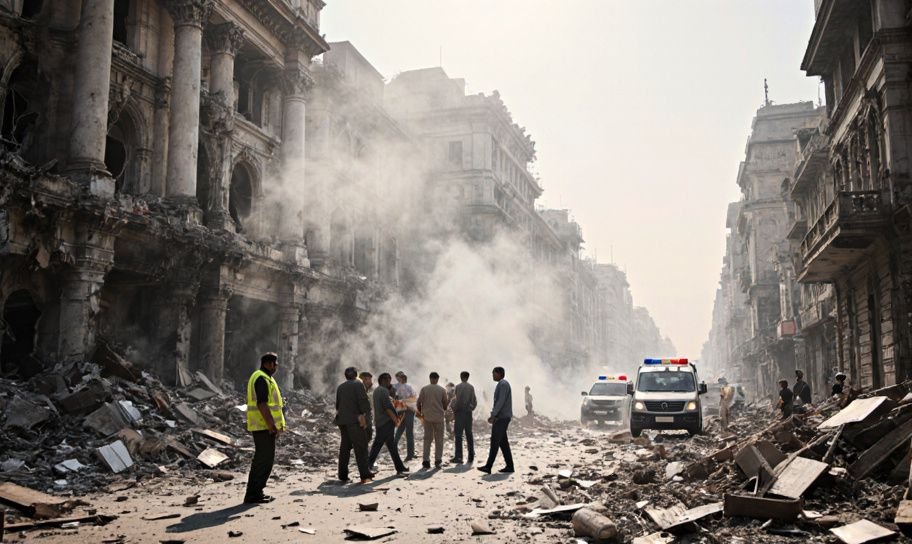
Quick Summary: Kafeel Ahmed Mohd. Ayub, accused in the 2011 Mumbai bomb blasts, was granted bail after spending over 13 years in jail without trial. The court emphasized the delay in trial and his age-related health issues.
Kafeel Ahmed Mohd. Ayub, a 62-year-old man from Bihar, had been in custody since 2012. He was accused in the well-known 2011 Mumbai bomb blasts at Opera House, Zaveri Bazar, and Kabutarkhana Dadar West. Despite the serious charges, his trial was delayed, leading to his prolonged time in jail.
Kafeel's lawyer, Mr. Mubin Solkar, argued that his client had been in jail for over 13 years without trial. He pointed out that 233 witnesses still needed to be questioned, making a quick trial unlikely. The request for bail focused on the right to a fast trial as part of the right to live under Article 21 of the Indian Constitution.
"A quick and speedy trial is part of the right to live," said Mr. Solkar.
The State, represented by Mr. Vaibhav Bagade, argued against the bail, citing the seriousness of the crime. He mentioned that the trial was happening three times a week, with a chance of daily hearings if ordered by the court. The State used previous Supreme Court decisions to support their argument against bail.
The court, with judges A. S. Gadkari and Ranjitsinha Raja Bhonsale, decided to grant bail. They noted the long delay in the trial and Kafeel's age and health issues. They referred to a Supreme Court ruling that stressed the importance of not using legal limits as the only reason for denying bail.
"The strictness of such rules will lessen where there is no chance of the trial being finished in a reasonable time," the judgment noted.
Kafeel was granted bail under several conditions: - He must provide a bond of Rs. 1,00,000 with local guarantees. - Report monthly to the ATS office in Mumbai. - Give up his passport and not leave the trial court's area without permission. - Avoid tampering with evidence or threatening witnesses.
The court decided to grant bail to Kafeel Ahmed Mohd. Ayub due to the long delay in his trial and his health issues. The decision shows the need to balance ensuring justice for serious crimes with the individual's right to a speedy trial.